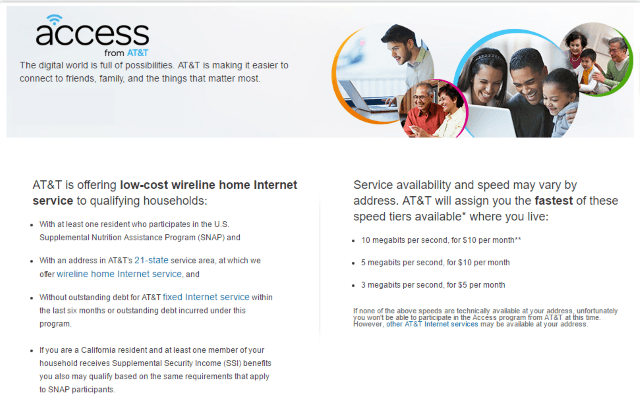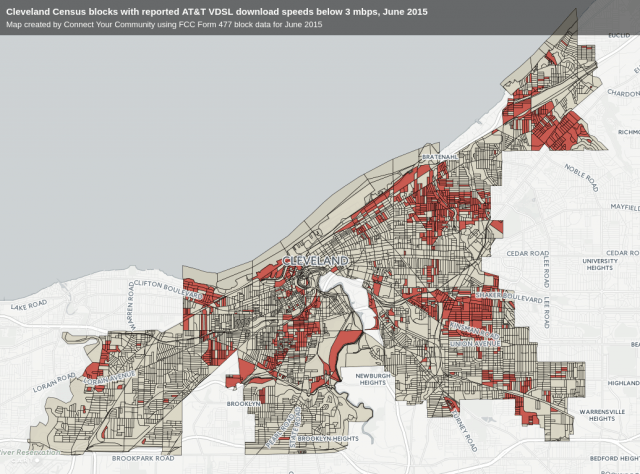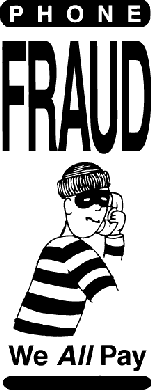 President Donald Trump promised voters during last summer’s Republican National Convention that he would ‘not look the other way’ and ignore Washington politicians that have “sold out to some corporate lobbyist for cash.”
President Donald Trump promised voters during last summer’s Republican National Convention that he would ‘not look the other way’ and ignore Washington politicians that have “sold out to some corporate lobbyist for cash.”
But newly released documents show that while Mr. Trump was delivering his remarks, top Republican officials and some of the nation’s biggest corporate lobbyists were enjoying a plush, corporate funded private hideaway where politicians could safely meet with corporate interests away from the public’s glare.
The Center for Public Integrity could not directly obtain information about the “cloakroom” — the informal name designated by the GOP for the space designed to look like a cross between an elite hotel lobby, a private club, and expensive office space — because the organizers sought to keep it a secret. But an unrelated lawsuit filed in a Ohio court made public important bank records which revealed just how much some of America’s top corporations were willing to quietly spend to keep the Republicans happy.
The top donor was Comcast Corp., which contributed $200,000. Microsoft, the Koch Brothers, and AT&T each donated $100,000. Those companies were joined by large banks, the oil, gas, and pharmaceutical industries, and curiously an $80,000 check from the Morongo Band of Mission Indians, among the top political donors in California. The group has spent more than a quarter-billion dollars on campaign contributions and lobbying to convince lawmakers to allow the Native Americans the right to spread slot machines around the state.
To keep the contributions a secret, Republicans created a limited liability corporation — “Friends of the House 2016 LLC,” according to bank records. This group was not obligated to disclose its funding sources, and fought hard in court to keep the names of its corporate donors from being revealed to the public.
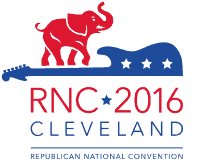 Corporate interests were nervous about sponsoring the 2016 Republican convention that was widely expected to choose Mr. Trump as the Republican candidate. Corporate interests told the New York Times last year they were under pressure to scale back their contributions as the campaign grew divisive. AT&T told the newspaper it was limiting its contributions to convention activity “aimed at benefiting the democratic process.” The company had no comment about how their contribution to fund an exclusive, strictly off-limits to the public-“cloakroom” accomplished that.
Corporate interests were nervous about sponsoring the 2016 Republican convention that was widely expected to choose Mr. Trump as the Republican candidate. Corporate interests told the New York Times last year they were under pressure to scale back their contributions as the campaign grew divisive. AT&T told the newspaper it was limiting its contributions to convention activity “aimed at benefiting the democratic process.” The company had no comment about how their contribution to fund an exclusive, strictly off-limits to the public-“cloakroom” accomplished that.
Instead of foregoing contributions, the Republicans devised a way to quietly obtain corporate money while giving donors cover from public scrutiny.
“The immediate effect is it looks like it hid certain donors to the convention,” said Lawrence Noble, senior director and general counsel for the Campaign Legal Center, a nonpartisan nonprofit that advocates for campaign finance reform.
One of the designated perks of being a donor to the ‘Friends of the House’ was a free pass to enjoy the facilities for refreshment and relaxation.
“As a sponsor of the hospitality venue, we were invited to use it, as well,” said Jori Fine, a spokeswoman for Health Care Service Corp. The company paid Friends of the House 2016 LLC $100,000, according to bank records, a payment that Fine said “supported hospitality and other events during the 2016 GOP Convention in Cleveland.”
Should a donor’s lobbyist or corporate executive bump into top Republican lawmakers inside, such as House Speaker Paul Ryan, who was given his own private space in the “cloakroom,” that was ‘purely coincidental.’ Since donor companies were given access while non-donors were not, lawmakers using the “cloakroom” could easily deduce donors by the presence of their lobbyists or company officials.
Most of the companies who made contributions are still trying to keep it a secret. In addition to an effort to get a Ohio judge to seal the records before they were made public, 15 of the 20 donor companies refused to confirm they were donors and had no comment or did not respond when asked about it.
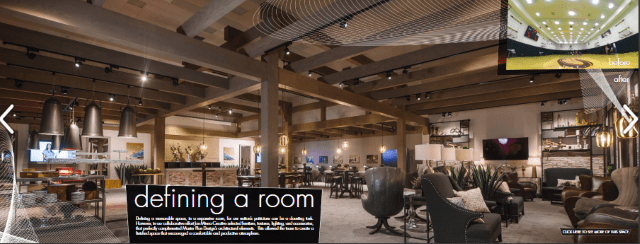
Marketing materials from the company that constructed the “cloakroom” give the public their only view of its elegance. Members of the public were not allowed inside.
“The convention is one big loophole to the limits of corrupting money on politics,” Paul S. Ryan, vice president for policy and litigation at Common Cause, a nonpartisan nonprofit that advocates for limits on money in politics told the Center. He is not related to House Speaker Paul Ryan.
The Center for Public Integrity also exposed how companies and individuals like the Koch Brothers claimed they were staying away from contributing to the GOP convention, while eagerly feeding secret contributions to the LLC that benefited it:
Friends of the House 2016 LLC appears to have provided companies an especially discreet opportunity to support the GOP convention.
For several of the companies that didn’t otherwise donate cash directly to the Cleveland 2016 Host Committee — a list that includes 12 of the entities listed in the bank records — there was little or no public evidence of their use of corporate dollars to support of the 2016 Republican convention.
For example, Comcast Corp., which wrote a $200,000 check to Friends of the House 2016 LLC, isn’t listed as a donor by the Cleveland 2016 Host Committee.
Neither is Koch Companies Public Sector, which wrote a $100,000 check to Friends of the House 2016 LLC. In fact, a Koch Industries spokesman in June said the billionaire brothers Charles and David Koch, well-known Republican megadonors, weren’t planning to contribute to the convention at all.
Neither firm responded to a request for comment about the payments to Friends of the House 2016 LLC.
The majestic space created for politicians and corporate interests to relax together in a familiar “cloakroom” setting was no small undertaking, according to Joe Mineo Creative, the company that transformed the Cleveland Cavaliers’ practice basketball court inside the Quicken Loans Arena in Cleveland into something that would fit comfortably in a high-end D.C. hotel or private offices for corporate executives. It was with some embarrassment to the Republicans that the company that did the work was sufficiently proud of it to boast about it in marketing materials, giving the public its only glimpse of how more than $1 million in corporate contributions was spent during the three-day convention. When it was over, the “cloakroom” was torn down to restore the basketball court.
It isn’t known if any campaign finance laws were broken as a result of these contributions.
 Cleveland, Ohio area residents now have access to over 70 over-the-air channels from northeast Ohio thanks to the efforts of Locast, a nonprofit service that streams local broadcast stations online with the request of a monthly donation.
Cleveland, Ohio area residents now have access to over 70 over-the-air channels from northeast Ohio thanks to the efforts of Locast, a nonprofit service that streams local broadcast stations online with the request of a monthly donation.

 Subscribe
Subscribe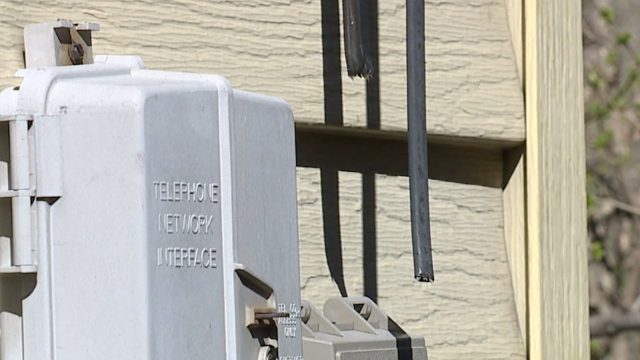
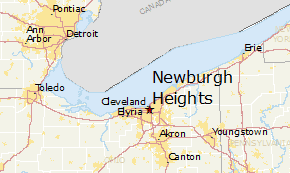 The cut cable was located at Griffin’s home where AT&T’s network interface box connected the overhead line with the home’s inside wiring. AT&T crews sought to replace the overhead drop line from the utility pole to Griffin’s home, which initially caused Quinones to object because the utility pole serving her home is behind his. After the dispute attracted coverage from Cleveland’s ABC affiliate, Quinones relented.
The cut cable was located at Griffin’s home where AT&T’s network interface box connected the overhead line with the home’s inside wiring. AT&T crews sought to replace the overhead drop line from the utility pole to Griffin’s home, which initially caused Quinones to object because the utility pole serving her home is behind his. After the dispute attracted coverage from Cleveland’s ABC affiliate, Quinones relented. President Donald Trump promised voters during last summer’s Republican National Convention that he would ‘not look the other way’ and ignore Washington politicians that have “sold out to some corporate lobbyist for cash.”
President Donald Trump promised voters during last summer’s Republican National Convention that he would ‘not look the other way’ and ignore Washington politicians that have “sold out to some corporate lobbyist for cash.” Corporate interests were nervous about sponsoring the 2016 Republican convention that was widely expected to choose Mr. Trump as the Republican candidate. Corporate interests
Corporate interests were nervous about sponsoring the 2016 Republican convention that was widely expected to choose Mr. Trump as the Republican candidate. Corporate interests 
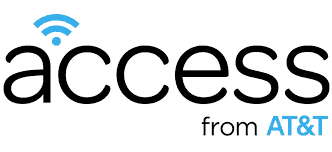 AT&T is adding insult to injury by telling tens of thousands of eligible urban households they do not qualify for the company’s new low-cost internet access program because the company cannot deliver at least 3Mbps DSL in their service-neglected neighborhood.
AT&T is adding insult to injury by telling tens of thousands of eligible urban households they do not qualify for the company’s new low-cost internet access program because the company cannot deliver at least 3Mbps DSL in their service-neglected neighborhood.